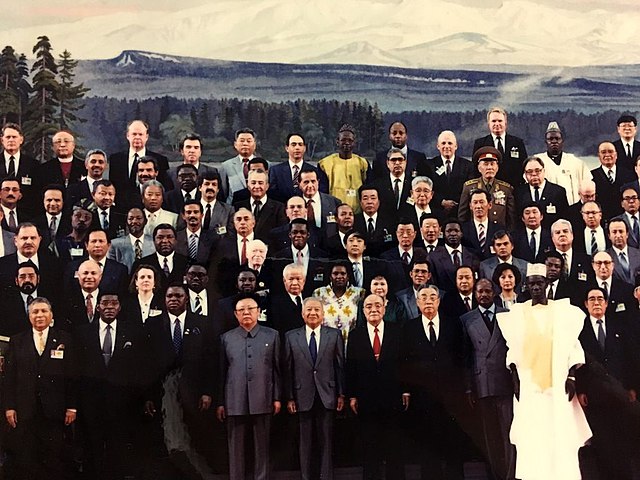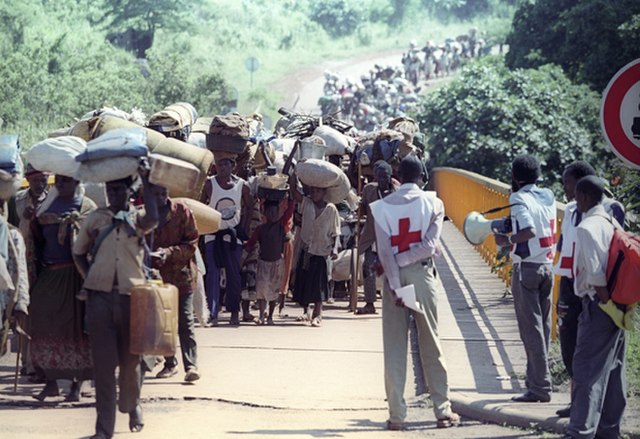The Bugesera invasion, also known as the Bloody Christmas, was a military attack which was conducted against Rwanda by Inyenzi rebels who aimed to overthrow the government in December 1963. The Inyenzi were a collection of ethnically Tutsi exiles who were affiliated with the Rwandan political party Union Nationale Rwandaise (UNAR), which had supported Rwanda's deposed Tutsi monarchy. The Inyenzi opposed Rwanda's transformation upon independence from Belgium into a state run by the ethnic Hutu majority through the Parti du Mouvement de l'Emancipation Hutu (PARMEHUTU), an anti-Tutsi political party led by President Grégoire Kayibanda. In late 1963, Inyenzi leaders decided to launch an invasion of Rwanda from their bases in neighbouring countries to overthrow Kayibanda. While an attempted assault in November was stopped by the government of Burundi, early in the morning on 21 December 1963, several hundred Inyenzi crossed the Burundian border and captured the Rwandan military in camp in Gako, Bugesera. Bolstered with seized arms and recruited locals, the Iyenzi—numbering between 1,000 and 7,000—marched on the Rwandan capital, Kigali. They were stopped 12 miles south of the city at Kanzenze Bridge along the Nyabarongo River by multiple units of the Garde Nationale Rwandaise (GNR). The GNR routed the rebels with their superior firepower, and in subsequent days repelled further Inyenzi attacks launched from the Republic of the Congo and Uganda.

1969 stamp celebrating the Rwandan Revolution.
Brass lapel pin Vive Kigeli V "Long Live Kigeli V" from the time of the Rwandan Revolution.
Juvénal Habyarimana was a Rwandan politician and military officer who served as the second president of Rwanda, from 1973 until his assassination in 1994. He was nicknamed Kinani, a Kinyarwanda word meaning "invincible".
Habyarimana in 1980
President Habyarimana with Dutch Prime Minister Dries van Agt in the Hague, 1980
Habyarimana (third row, third from left) at Kim Il Sung's 80th birthday celebration in 1992
Red Cross volunteers monitoring and assisting displaced populations during the Rwandan Civil War, 1994.






